
Innovation chief says “pressure test” your pet hypothesis. It’s guaranteed to be wrong.
Recommendation
A member of Robert Oppenheimer’s original team developing the atomic bomb, Edward Teller went on to help create an even more apocalyptic bomb – the hydrogen bomb. Later in life, however, Edward Teller focused on how atomic energy might be used to aid humanity rather than for destruction. In this intriguing interview, Teller’s grandson, X laboratories director Astro Teller, discusses the idea of innovating for the greater good. He discusses what “moonshot” innovation entails and why scientists and others today should balance the need for profit with a sense of higher purpose.
Summary
About the Authors
Ian Scheffler has written for The New Yorker, The Guardian, the Los Angeles Times, and the Los Angeles Review of Books. His first book was Cracking the Cube. Eric “Astro” Teller is an American entrepreneur, computer scientist and author. Since 2010, Teller has directed Google X (which has become X) laboratories.









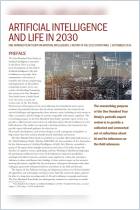
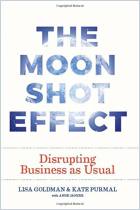
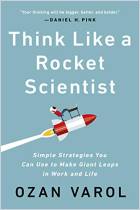
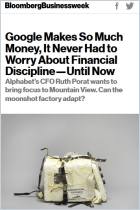
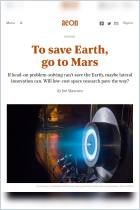
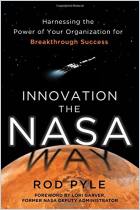
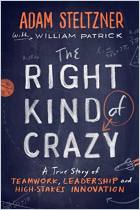



Comment on this summary or Diskussion beginnen